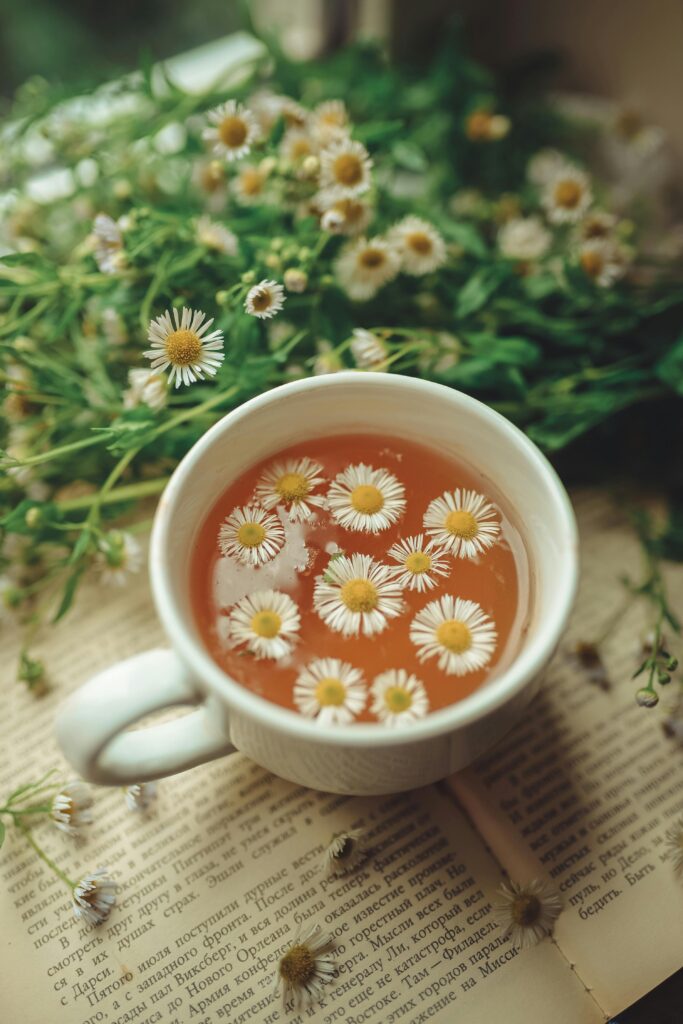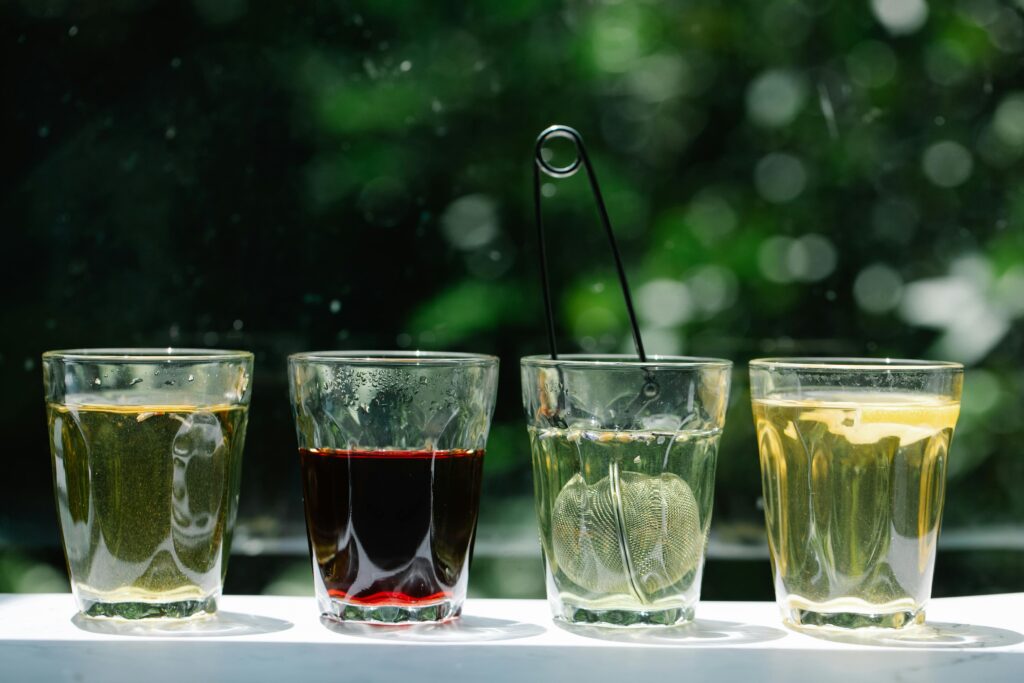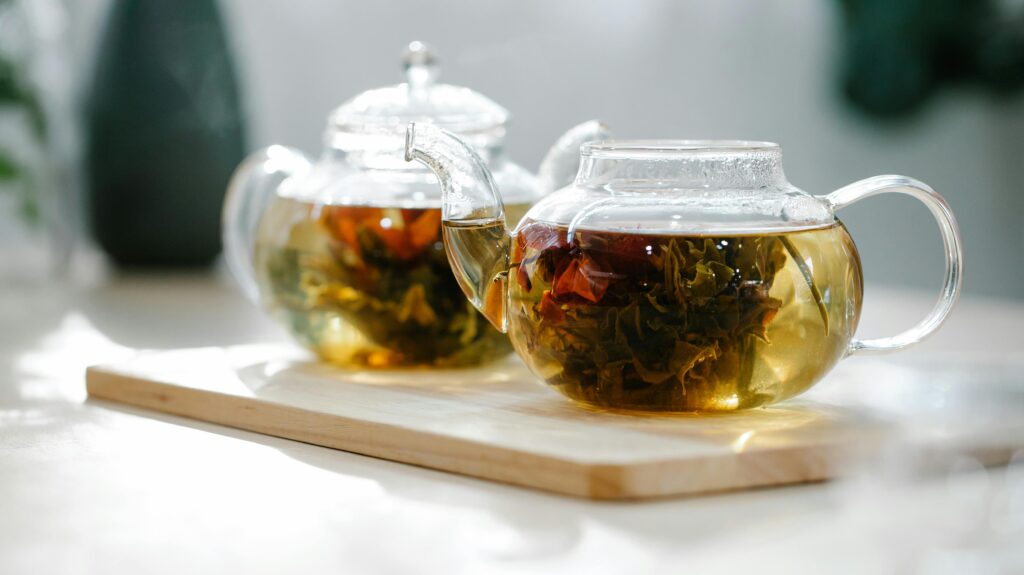For centuries, tea has been more than just a comforting beverage. From ancient Chinese traditions to modern wellness routines, people have turned to tea for its soothing qualities. But here’s the big question: does tea really help anxiety, or is it just a placebo effect wrapped in a warm mug? Let’s dive deep into the myths and facts surrounding tea and its impact on mental health.
Understanding Anxiety and Its Effects
What Anxiety Really Is
Anxiety isn’t just feeling stressed before an exam or nervous before a presentation. It’s a mental health condition that can affect thoughts, emotions, and even physical health. Unlike normal stress, anxiety can linger and interfere with daily life.
Common Symptoms and Triggers
- Racing thoughts
- Rapid heartbeat
- Difficulty concentrating
- Muscle tension
- Sleep problems
Triggers may include stress at work, financial worries, trauma, or even excessive caffeine.
Why People Turn to Natural Remedies
Many people hesitate to rely solely on medication, so they explore natural alternatives. Tea often tops the list because it’s affordable, accessible, and tied to relaxation rituals.
The Role of Tea in Mental Health
A Brief History of Tea as a Calming Drink
Tea has been used in traditional Chinese medicine and Ayurvedic practices for centuries to promote relaxation, balance energy, and ease digestion.
Popular Types of Tea for Relaxation
Green Tea
Rich in L-theanine, an amino acid that promotes relaxation without drowsiness.
Chamomile Tea
Known for its apigenin compound, chamomile has mild sedative effects that help calm the mind and aid sleep.
Peppermint Tea
While not directly sedative, peppermint soothes digestion, which can ease gut-related anxiety.
Black Tea
Contains caffeine but also L-theanine, which balances alertness with relaxation.

Myths About Tea and Anxiety
Myth 1: All Tea Instantly Cures Anxiety
Tea is not a magic cure. It may reduce symptoms, but it doesn’t eliminate anxiety disorders.
Myth 2: More Tea Means More Relief
Overconsumption can backfire, especially if the tea is caffeinated.
Myth 3: Only Herbal Teas Work for Anxiety
Green and black teas also have compounds that support calmness, not just herbal varieties.
Myth 4: Tea Has No Side Effects
Tea can cause insomnia, jitteriness, or stomach upset if consumed excessively.
Facts Backed by Science
How L-Theanine in Tea Reduces Stress
Studies show L-theanine increases alpha brain waves, linked to relaxation and focus.
The Role of Caffeine – Help or Hindrance?
Small amounts of caffeine may boost mood, but too much can worsen anxiety.
Chamomile and Its Calming Properties
Research indicates chamomile extract may significantly reduce symptoms in people with generalized anxiety disorder.
Peppermint and Digestive-Anxiety Connection
Since anxiety often affects the stomach, peppermint’s soothing properties indirectly reduce stress.
Tea vs. Other Natural Remedies for Anxiety
Tea Compared to Coffee
Coffee contains higher caffeine, which can spike anxiety. Tea offers a gentler alternative.
Tea vs. Meditation and Breathing Exercises
Tea provides short-term relief, while mindfulness practices build long-term resilience.
Tea as Part of a Holistic Lifestyle
Tea works best when combined with exercise, sleep hygiene, and stress management techniques.

When Tea Might Not Be the Best Choice
Caffeine Sensitivity Issues
For some, even a little caffeine can trigger jitters or panic attacks.
Interaction with Medications
Certain teas may interfere with antidepressants or sedatives. Always consult a doctor.
Overconsumption Risks
Too much tea can lead to dehydration, headaches, and nutrient absorption issues.
Practical Tips for Using Tea to Manage Anxiety
Best Times to Drink Tea for Relaxation
- Morning: Green tea for calm focus
- Afternoon: Peppermint tea to ease digestion
- Night: Chamomile tea for restful sleep
Ideal Brewing Methods for Maximum Benefits
Steep herbal teas for at least 5–7 minutes to release active compounds.
Creating a Tea Ritual for Calmness
Pair tea with deep breathing, soft music, or journaling to enhance its calming effects.
FAQs About Tea and Anxiety
Q1: Can tea replace anxiety medication?
No. Tea can complement treatment but should not replace prescribed medication.
Q2: How many cups of tea should I drink daily for anxiety?
1–3 cups per day are generally safe and beneficial for relaxation.
Q3: Is green tea better than chamomile for stress relief?
Green tea promotes calm focus, while chamomile is better for nighttime relaxation.
Q4: Can tea worsen anxiety symptoms?
Yes, especially caffeinated tea if consumed in excess.
Q5: Which tea is best for night-time anxiety?
Chamomile and peppermint are great caffeine-free options for bedtime.
Q6: Is tea safe for children with anxiety?
Caffeine-free herbal teas may be safe, but always consult a pediatrician first.
Conclusion: Striking a Balance Between Myths and Facts
So, does tea really help anxiety? Yes—but with limitations. While tea can calm the mind, improve focus, and even aid sleep, it’s not a cure-all. Myths like “tea instantly erases anxiety” can mislead people. The facts show that compounds like L-theanine and chamomile’s apigenin provide genuine relief, but results vary from person to person.
The bottom line: tea works best as part of a balanced lifestyle—paired with good sleep, mindfulness, and professional guidance when needed. So, sip your favorite blend, but remember: tea is a helper, not a healer.
Further Reading: National Center for Complementary and Integrative Health – Chamomile and Anxiety
read more here:
- Herbal vs. CBD Teas: Natural Ways to Ease Anxiety
- Why Tea Rituals Help Reduce Stress and Anxiety
- Valerian Root Tea for Sleep: Natural Stress Relief
- Can Herbal Teas Replace Anxiety Meds? Science Explains
- Herbal Teas That Help Anxiety: A Comparison
- Passionflower Tea for Anxiety: A Natural Solution
- tea for anxiety
- best teas for sleep
- Make Your Own Anti-Anxiety Tea Blend for Instant Calm
- Lemon Balm Tea Recipe: Easy Herbal Sleep Aid
